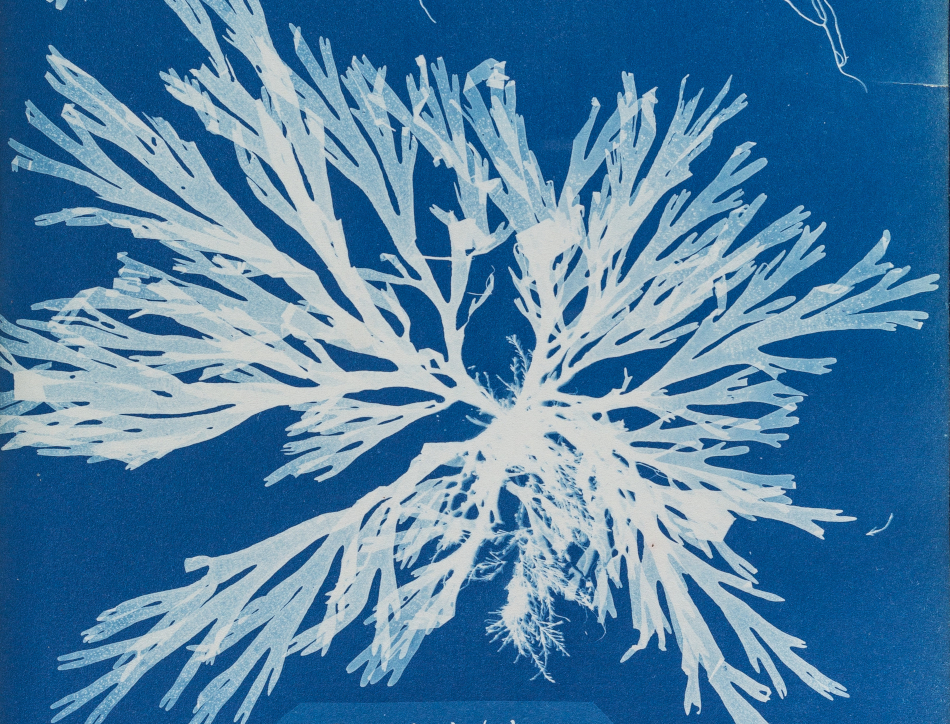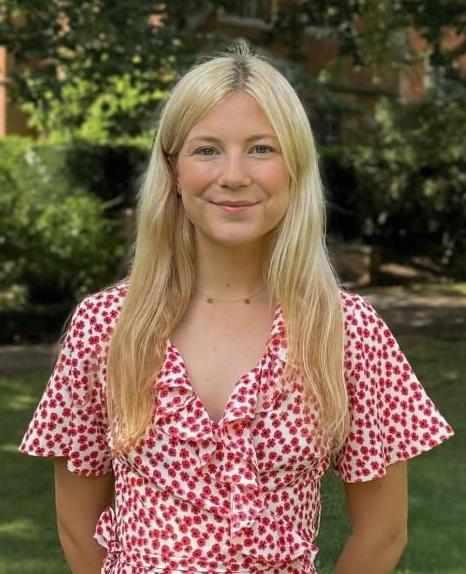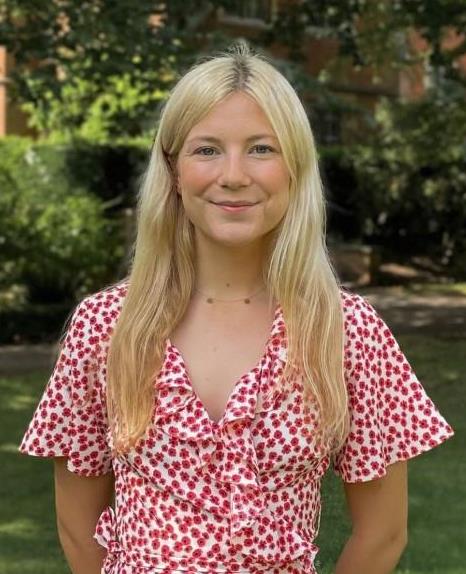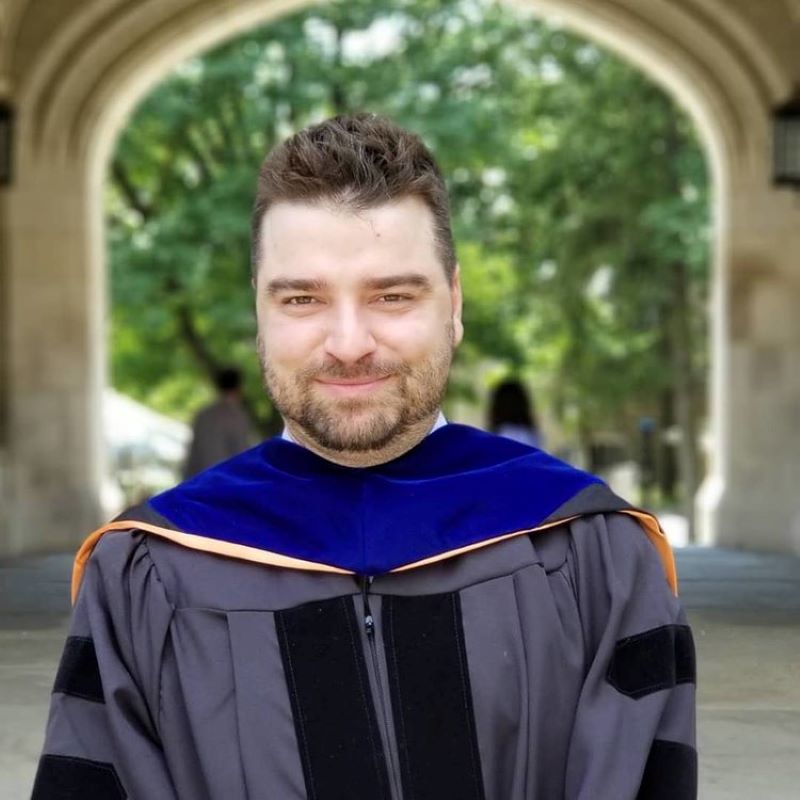Notes and Records, the Royal Society journal of the history of science, reports on current research and archival activities throughout the field of history of science, technology and medicine.
The Notes and Records biennial Essay Award has been running since 2011 and is open to early career researchers in the history of science who have completed a postgraduate degree within the last five years. The winning entry is chosen using the journal's standard criteria for selection, excellence and interest to a wide audience, and published in the journal. Winners of the Essay Award receive a cash prize of £500. One runner-up also receives a cash prize of £250, while up to three honourable mentions each receive £100. Additionally, all winners are granted a one-year online subscription to Notes and Records.
Announcing the 9th Notes and Records Essay Award
The competition is open for entries until 11.59pm on 28 February 2026. For more information, take a look at the terms and conditions of the competition, including eligibility and how to enter. If you have any questions, please contact the editorial office at any time.
Winner of the 8th Notes and Records Essay Award
The winner of the 2025 Essay Award is Tracy Wietecha for her entry, ‘From curiosity to marvel: the shared experience of the American agave plant by early members of the Leopoldina’. One of the judges stated that ‘it presents a complex but clear argument; the writing is nuanced, and the author does an excellent job setting the scene and persuading us that the material (and the analysis) is interesting and relevant.'

Essay award winners
Winning essays along with those recognised as runners-up are featured in this special collection.
2025 winner: Tracy Wietecha for 'From curiosity to marvel: the shared experience of the American agave plant by early members of the Leopoldina’ (to be published)
2023 winner: Robin S. Reich for 'Ptolemy's Almagest and the translation of diagrams'
2021 winner: Fiona Amery for 'The disputed sound of the aurora borealis: sensing liminal noise during the First and Second International Polar Years, 1882–3 and 1932–3'
2019 winner: Patrick Luiz Sullivan De Oliveira for 'Martyrs made in the sky: the Zénith balloon tragedy and the construction of the French Third Republic's first scientific heroes'
2015 winner: James F. Stark for 'Anti-reductionism at the confluence of philosophy and science: Arthur Koestler and the biological periphery'
2013 winner: Emily Winterburn for 'Philomaths, Herschel, and the myth of the self-taught man'
2011 winner: Daniel Jon Mitchell for 'Reflecting nature: chemistry and comprehensibility in Gabriel Lippmann's ‘physical’ method of photographing colours'





